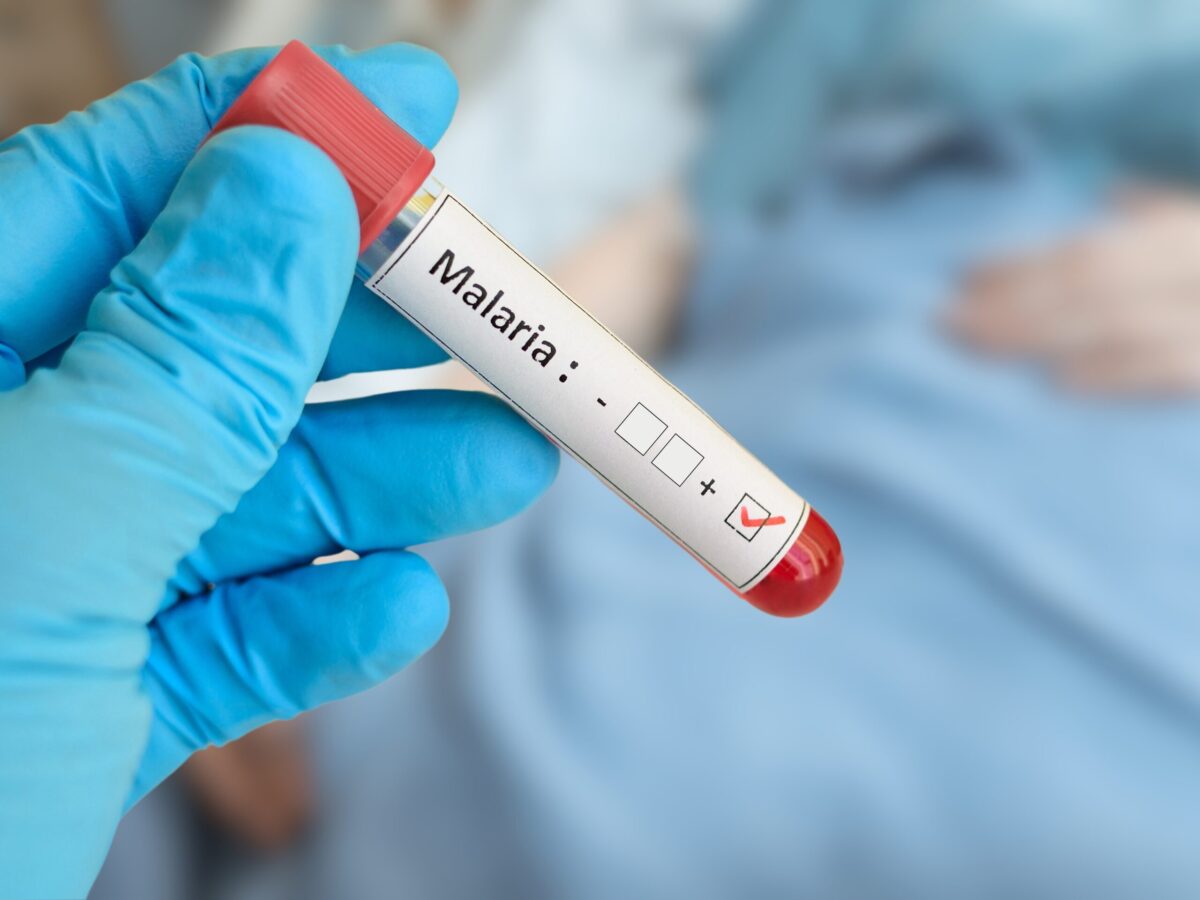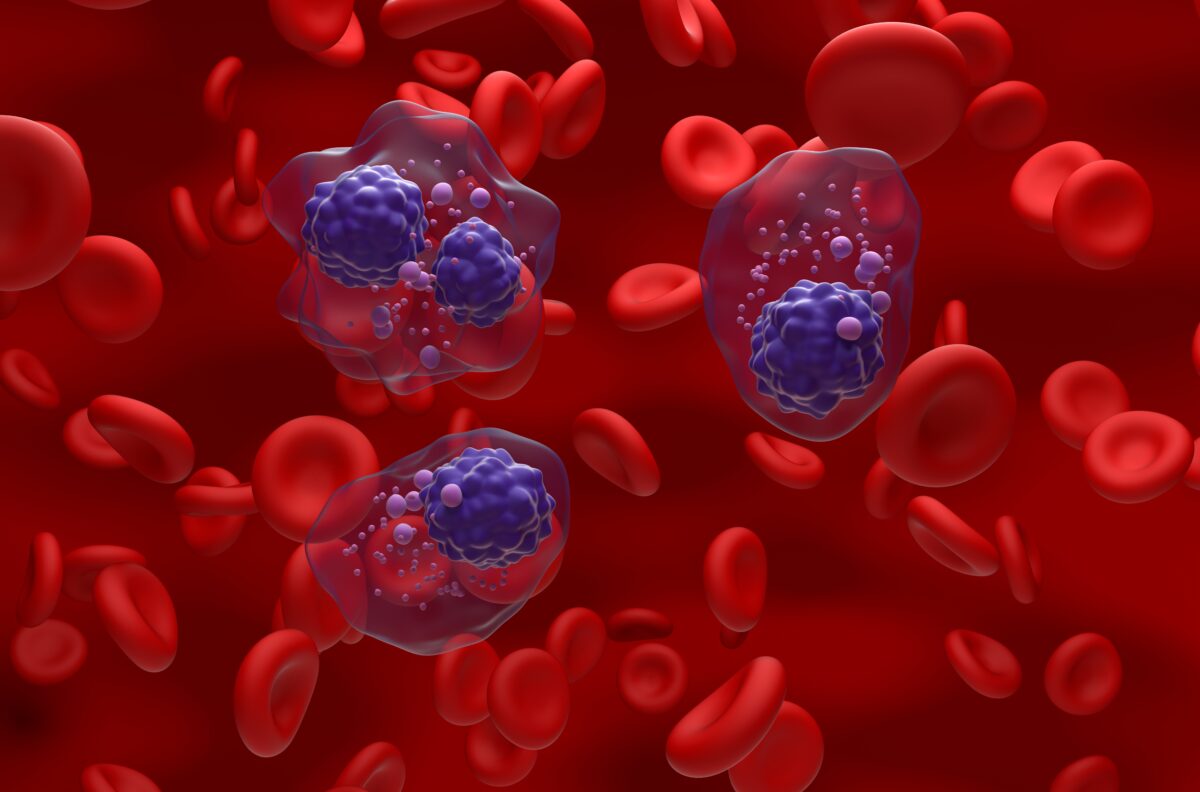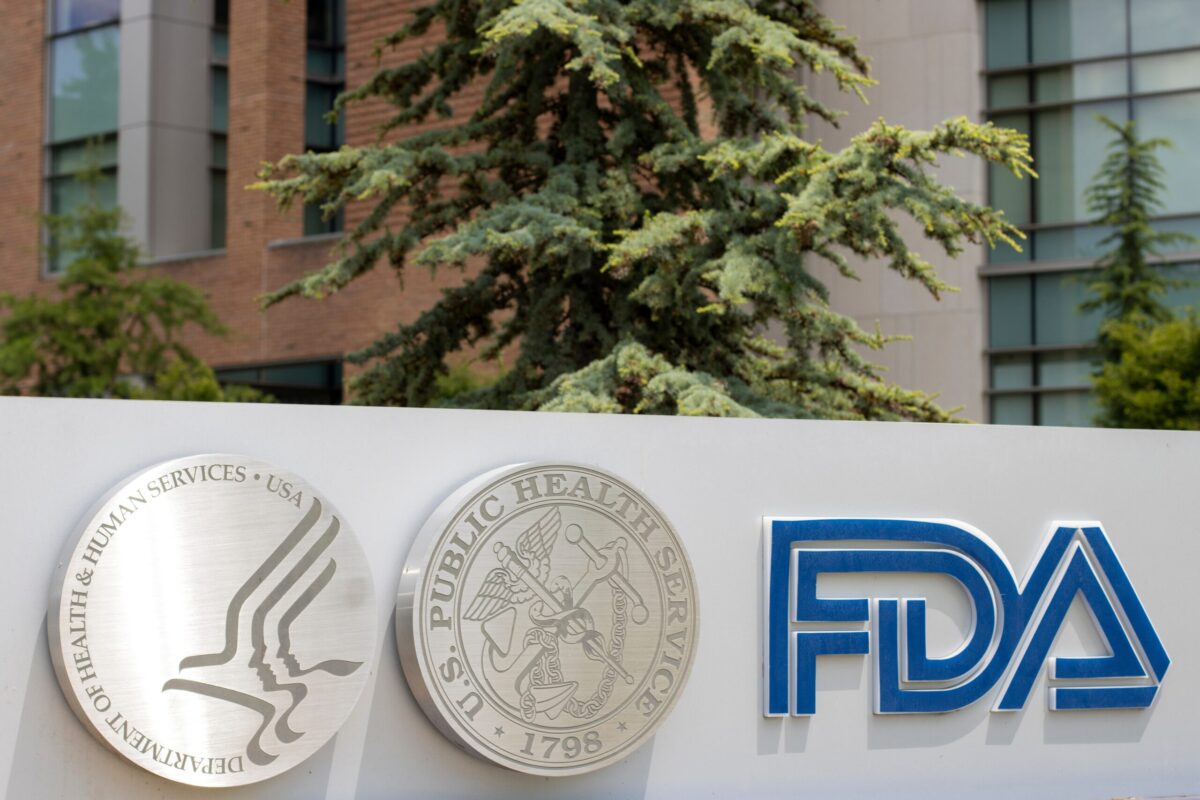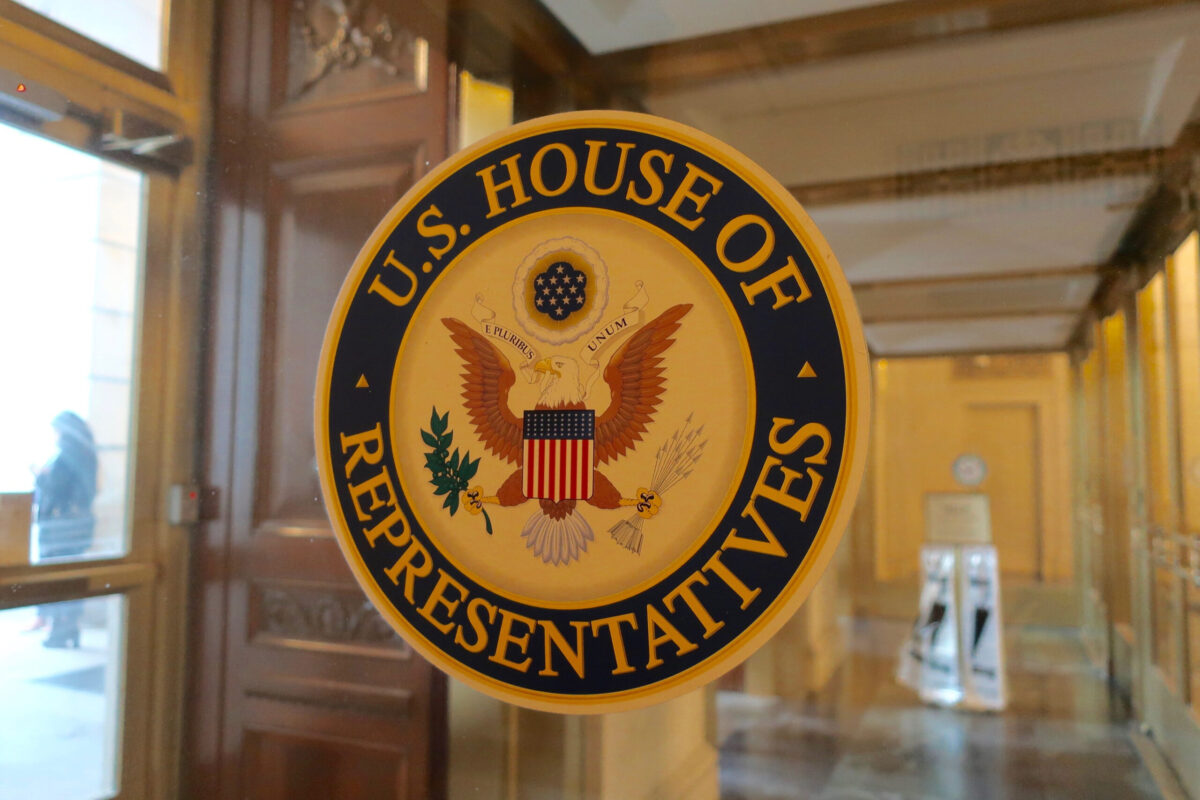Researchers at Johns Hopkins Medicine are urging federal regulators to tighten rules governing the Orphan Drug Act, to prevent exploitation of subsidies and tax breaks by big pharmaceutical companies. The researchers claim these incentives were never intended to be applied to blockbuster drugs, and the millions of dollars these companies are receiving once the US Food and Drug Administration (FDA) grants orphan drug status is only adding to the growing problem of drug pricing.
The FDA began granting orphan status to encourage drug companies to develop novel therapies for diseases that affect less than 200,000 people in the US. According to the commentary written by the authors – and published in the American Journal of Clinical Oncology – pharmaceutical developers are manipulating loopholes in the law, in order to reap the financial benefits of an orphan drug designation.
According to the authors, many of the drugs are eventually marketed as treatments for much more common diseases, leading to billions of dollars in profits. “The industry has been gaming the system by slicing and dicing indications so that drugs qualify for lucrative orphan status benefits,” said Dr. Martin Makary, professor of surgery at Johns Hopkins and one of the study’s authors. “As a result, funding support intended for rare disease medicine is diverted to fund the development of blockbuster drugs.”
The Orphan Drug Act was passed in 1983 in an effort to provide incentives for drug makers to develop therapies for orphan diseases, which otherwise may be neglected due to their minimal profitability potential. While the authors agree that the law has been successful in encouraging the development of breakthrough treatments for diseases such as cystic fibrosis, muscular dystrophies and a number of pediatric cancers, they also point out that the act has attracted abuse by a number of pharmaceutical companies.
One of the major selling points for the Orphan Drug Act is the offer of substantial taxpayer subsidies – up to $500,000 a year for a maximum four year period for a single drug – along with hefty tax credits and savings in marketing application fees of over $2 million. The FDA also has the power to provide developers with seven years of marketing exclusivity for their orphan drug, to give them a chance to earn back the funds spent on research and development.
According to Makary, pharmaceutical companies are able to take advantage of the Orphan Drug Act by initially choosing a single orphan disease as the designated application of the drug. Once the drug receives FDA approval, some drugs may be used to treat off label conditions leading to widespread use and large profits.
“This is a financially toxic practice that is also unethical. It’s time to ensure that we also render it illegal,” said Michael Daniel, a research fellow in the Department of Surgery at Johns Hopkins and a co-author on the study. “The practice inflates drug prices and the costs are passed on to consumers in the form of higher health insurance premiums.”
The researchers say that of the top 10 highest selling drugs in the US for 2014, seven of them were originally marketed as orphan drugs. They go on to say that 18 of the 41 FDA-approved drugs of 2014, were granted orphan drug status. They project that these orphan drugs will generate approximately $107 billion in sales in 2015, and up to $176 billion in 2020. This estimation is based on an annual growth rate of 11 percent – double the growth rate for the entire prescription drug market.
Currently, almost 15 percent of FDA-approved orphan drugs have added more common diseases to their designated use list. Makary and his colleagues say that one way to fix the exploitation of the law would be to redact marketing exclusivity and government-funded support if the drug violates any rules of the act. For example, once a drug treats more than 200,000 people, it should no longer be granted orphan status.
The study authors point to a reduction in marketing exclusivity, pricing negotiations and rebalancing of tax levels once a drug reaches blockbuster status for other conditions besides the one on the label. These stricter guidelines would ensure the funding is available for drug developers who are truly focusing on rare disease therapies.
Sources:
- ‘Orphan drug’ loophole needs closing, Johns Hopkins researchers say – http://www.medicalnewstoday.com/releases/302957.php












Join or login to leave a comment
JOIN LOGIN